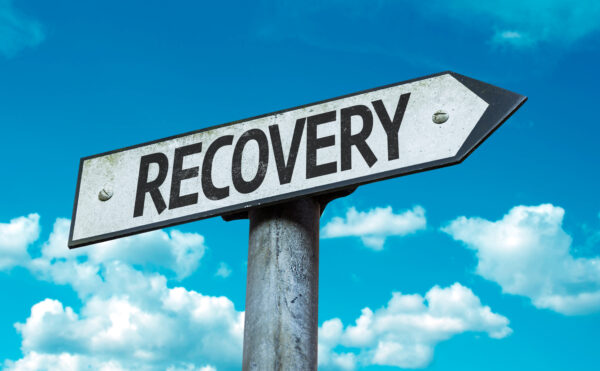The theme of 2021 National Recovery Month is – Recovery is for Everyone: Every Person, Every Family, and Every Community. This September, we celebrate the millions of people seeking recovery, the transformational available treatments and practices addressing substance use, and the support systems that make recovery possible. According to National Recovery Month, “The 2021 National Recovery Month observance and theme, “Recovery is for Everyone” works to inspire people across the country to transform the “I” into “we” and build bridges between families, communities, and groups. We celebrate our diversity and seek to develop deeper understanding, caring, and connection that nurtures recovery.” Families, communities and their institutions, and people affected by substance use can support one another and collectively contribute to healing addiction.
Substance use disorders are apparent across the United States. In Pennsylvania alone, over 4,000 drug-related overdose deaths occurred during 2019, calling attention to the immense need for recovery services and life-saving care. Through Recovery Month, events and observances are held in order to continue an iterative educational outreach about the different types of effective services becoming available to those affected by substance use disorder, how others can be involved in harm reduction practices, and what can be done to reduce barriers to resources.
Recovery belongs to all of us, but is not one approach, nor is there a single process to follow. Each has their own unique experience (culture, identities, backgrounds) that offers a perspective needed to continuously improve It is also incredibly important to reduce stigma by removing ourselves from the stereotypes of addiction recovery so that programs and resources can properly cater to the wide range of experiences during recovery. Community, fueled by diverse mutual aid approaches and connections, create a reliable and trusted network of resources vital to many in order to have a sustainable recovery.
Advancing recovery systems also requires the development of interventions and exploration of tools or treatments through research initiatives. Roundtrip is improving access to treatment for populations with OUD (opioid use disorder) through its research partnership with Brightview Health, the University of Pennsylvania, and Lyft. With the opioid crisis being exacerbated by COVID-19, innovative strategies and programs are needed to tackle this widespread public health problem so that overdose rates and severity of OUD can be reduced. The National Institute of Health (NIH) and the National Institute on Drug Abuse (NIDA) awarded Roundtrip a grant through the Helping End Addiction Long Term (HEAL) Initiative last year in order to work to remove barriers to recovery through technology, services, and programs. NEMT technology is more advanced and effective than ever before, and plays an essential role in improving the likelihood of successful substance use disorder treatments. Our ride benefit is utilized by patients so they can have reliable transportation to their medical appointments.
This grant gives Roundtrip the opportunity to study the association between transportation access, no-show appointment rates, and health outcomes for our priority population of those diagnosed with OUD. Patient engagement is a priority, making sure patients feel supported and reminded of the services available to them. Roundtrip is well positioned to work alongside addiction treatment programs and intervene when patients present themselves in an outpatient treatment system. Reliable and consistent transportation can positively impact treatment attainment and maintenance of OUD progression, and is needed to access care regularly during recovery. We are committed to removing transportation as a barrier to access care, especially as it pertains to populations experiencing substance and drug use.
